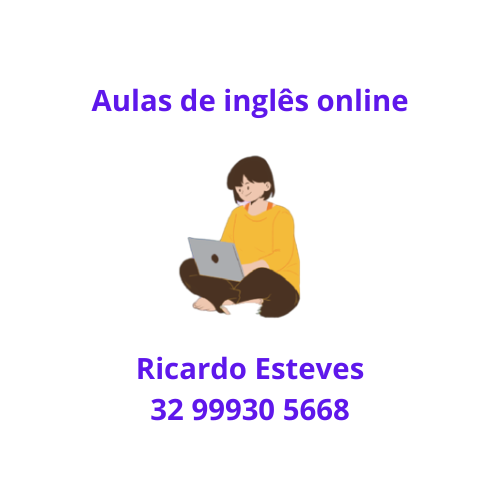Leia este diálogo e aprenda os MODAL VERBS em inglês. CAN, COULD, MUST, SHOULD, etc. Leia com atenção e tome nota das palavras novas e certamente, seu vocabulário ficará muito melhor. Vale a pena dar uma lida com calma.
APRENDA OS MODAL VERBS
Anna: Hi, Mark! Have you finished your notes on modal verbs? I found them a bit tricky at first.
Mark: Hey, Anna! Yeah, I did. But once I broke them down, they started making more sense. Let’s go over them together.
Anna: Sure! Let’s start with “can” and “could”.
Mark: Good idea. So, “can” is used to express ability, permission, or possibility. For example:
- I can swim really well. (ability)
- You can use my phone. (permission)
- It can get very cold in winter. (possibility)
Anna: Right, and “could” is the past tense of “can”, but it also expresses polite requests or possibilities in the future or present.
- I could play the piano when I was younger. (past ability)
- Could you help me with my homework? (polite request)
- It could rain later. (possibility)
Mark: Perfect! Next, let’s talk about “must” and “have to”.
Anna: Okay. “Must” is used for strong obligations or logical deductions. For example:
- You must wear a helmet when riding a bike. (obligation)
- She must be the new teacher; everyone’s talking about her. (logical deduction)
Mark: And “have to” is similar, but it’s more about external obligations.
- I have to finish my homework before I go out.
Anna: Oh, and don’t forget the negative forms! “Must not” means prohibition:
- You must not smoke here.
Mark: While “don’t have to” means something is not necessary:
- You don’t have to come if you’re busy.
Anna: Great point. What about “shall” and “should”?
Mark: Sure! “Shall” is a bit formal and often used for offers or suggestions, especially in British English:
- Shall we go for a walk?
Anna: And “should” is used for advice or recommendations:
- You should eat more vegetables to stay healthy.
Mark: Exactly. And it can also express expectations:
- The train should arrive in 10 minutes.
Anna: Oh, and there’s “will” and “would”!
Mark: Of course! “Will” is for future actions or decisions made at the moment:
- I will call you later.
Anna: And “would” is the past form of “will” or for hypothetical situations:
- I would travel the world if I had more money.
Mark: Awesome! I think we covered the main ones.
Anna: We did! Thanks, Mark. This really cleared things up for me.
Mark: Anytime, Anna. Modal verbs can be tricky, but with practice, they become much easier.
Anna: Definitely. Let’s review them again tomorrow.
Mark: Sounds like a plan!

He can drive a car







